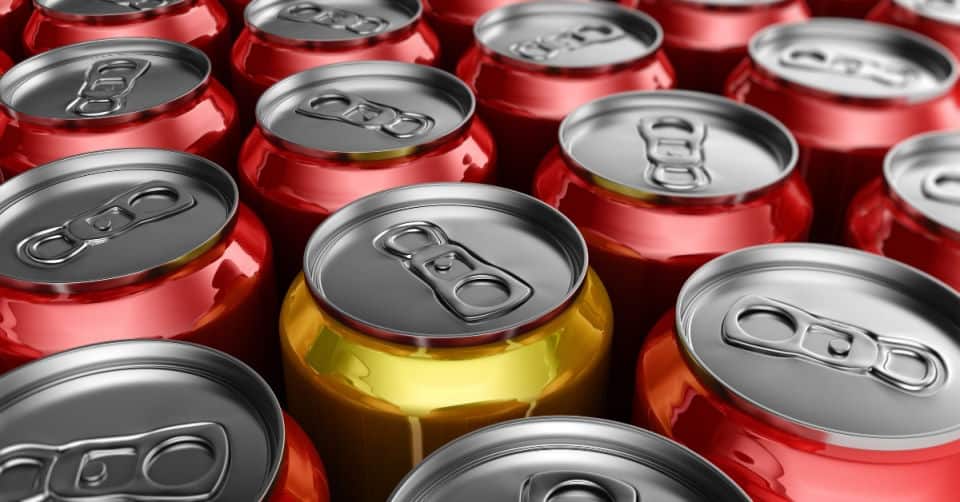Multiple Sclerosis? Science Says Cut the Sugary Drinks
We all know that sugary soda pop is not a healthful drink. But this finding is amazing. In a study comparing dietary factors among people with multiple sclerosis, the most severe cases, those with the most disability, were linked to drinking sweetened soda, flavored juices, and sweetened teas and coffees. In fact, heavy drinkers of sweetened soda had five times the disability of those who rarely drank non-diet soda.
The study was actually designed to compare diets, not beverages, but no connection was found with diet.
Here’s more detail from the American Academy of Neurology:
For people with multiple sclerosis (MS), drinking around 290 calories per day of soda or other sugar-sweetened beverages, or the equivalent of about two cans of non-diet soda, may be tied to more severe symptoms and a higher level of disability compared to people with MS who seldom consume sugar-sweetened beverages, according to a preliminary study.
People who seldom drank sugar-sweetened beverages consumed an average of seven calories in sugar-sweetened beverages per day, or the equivalent of one-and-a-half cans of non-diet soda per month. Soda and other sweet beverages were the only type of food that was related to MS symptoms in the study.
“MS patients often want to know how diet and specific foods can affect the progression of their disease,” said study author. “While we did not find a link with overall diet, interestingly, we did find a link with those who drank sodas, flavored juices and sweetened teas and coffees.”

The study involved 135 people with MS. Participants completed a questionnaire about their diet. Researchers then looked at how close each participants’ diet was to the Dietary Approaches to Stop Hypertension (DASH) diet. The DASH diet recommends whole grains, fruits and vegetables, low-fat dairy products, lean meats, poultry and fish, and nuts and legumes and limits foods that are high in saturated fat and sugar.
“We chose to study the DASH diet because adherence to the DASH diet is associated with lower risk of other chronic diseases like high blood pressure, diabetes and cardiovascular diseases,” said Meier-Gerdingh.
Overall, researchers did not find a link between what participants ate and their level of disability.
For soda and sugar-sweetened beverages, the participants were divided into five groups based on how much they drank. The people in the top group drank an average of 290 calories of sugar-sweetened beverages per day, while the lowest group seldom drank sugar-sweetened beverages.
The study found that participants who consumed the largest amounts of sugar-sweetened beverages were five times more likely to have severe disability than people who seldom drank sugar-sweetened beverages.
Of the 34 people in the top group, 12 had severe disability, compared to 4 of the 34 people in the bottom group. The top group had on average a disability score of 4.1 points, while the bottom group had an average of 3.4 points.
“While these results need to be confirmed by larger studies that follow people over a long period of time, and the results do not show that soda and sugar-sweetened beverages cause more severe disability, we do know that sodas have no nutritional value and people with MS may want to consider reducing or eliminating them from their diet,” Meier-Gerdingh said.
American Academy of Neurology. “Soda, sugar-sweetened beverages linked to more severe symptoms for people with multiple sclerosis.” ScienceDaily. 5 March 2019.





 High fluoride and ADHD like symptoms sm
High fluoride and ADHD like symptoms sm